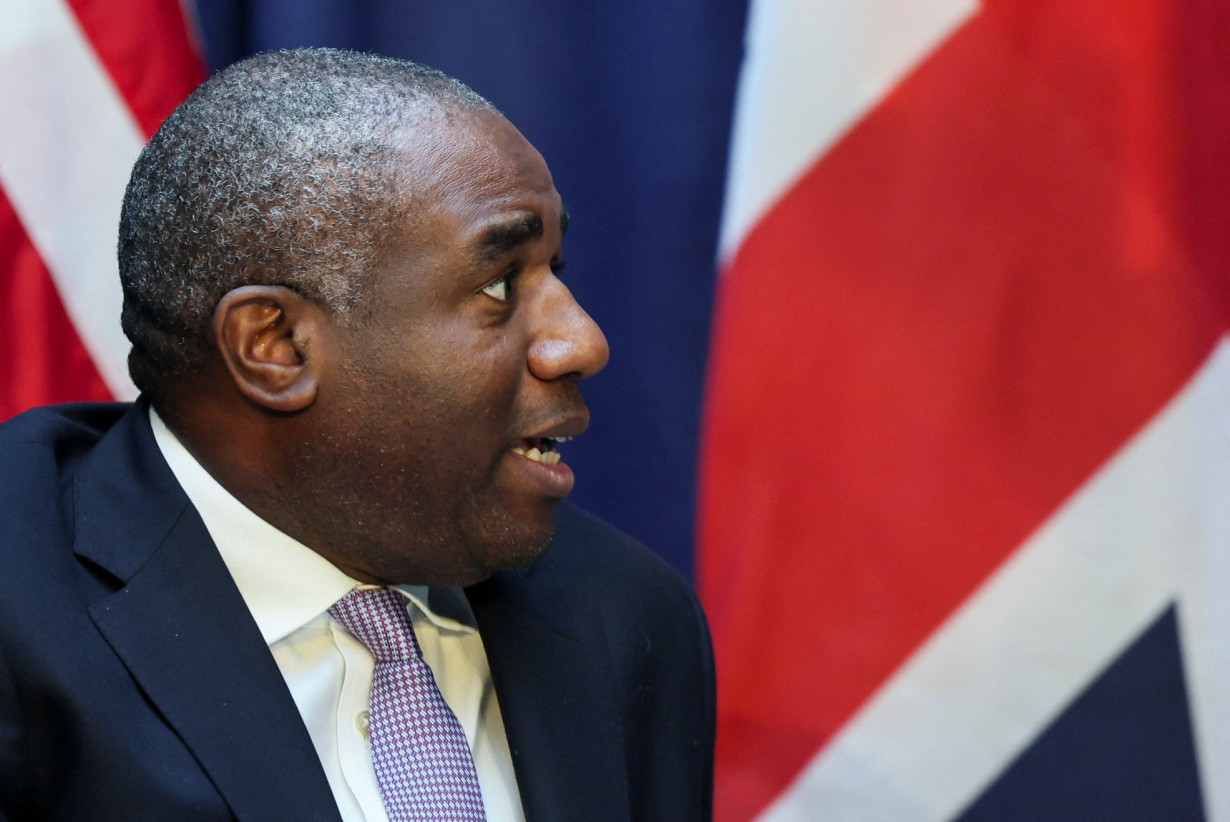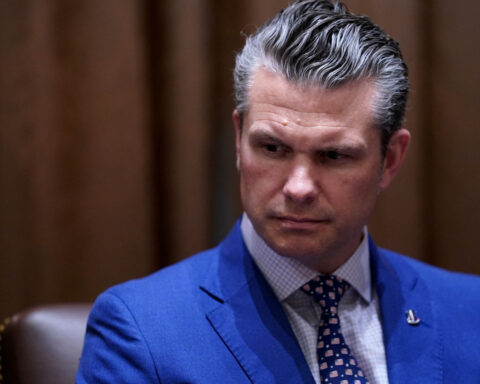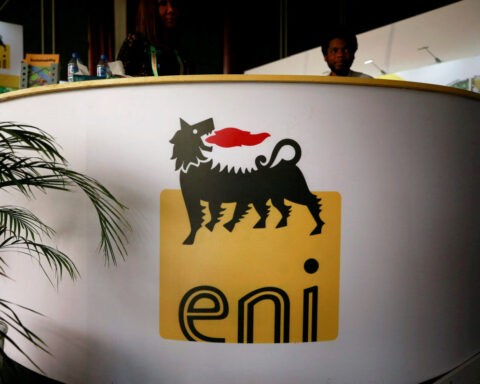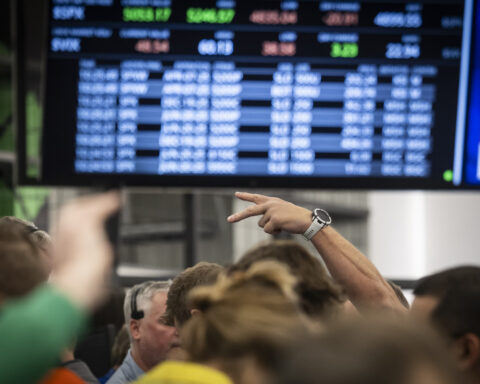By William James
LONDON (Reuters) - Europe should move from freezing Russian assets to seizing them, British foreign minister David Lammy said on Tuesday, hardening Britain's position on how the West should use bonds and other securities frozen since Russia's invasion of Ukraine.
After Russian President Vladimir Putin sent troops into Ukraine in 2022, the United States and its allies prohibited transactions with Russia's central bank and finance ministry, blocking $300-$350 billion of sovereign Russian assets.
They are mostly European, U.S. and British government bonds held in a European securities depository.
European leaders want to use those assets to help rebuild Ukraine, but have yet to reach an agreement on how to avoid legal challenges or setting a problematic international precedent, with several options under consideration.
"Europe has to act quickly, and I believe we should move from freezing assets to seizing assets," Lammy told parliament when asked if he would support emergency legislation to seize and repurpose the assets to support Ukraine.
"It's not an issue on which any government can act alone. We must act with European allies."
Lammy did not elaborate on exactly how he wanted to deal with those assets.
In a January debate in parliament on what to do with the frozen assets, foreign office minister for Europe, Stephen Doughty, only went as far as to say Britain was considering "all lawful measures that we can possibly take to ensure that Ukraine gets the support it needs".
The European Union estimates that some 210 billion euros ($220.58 billion) of the frozen money is held in the bloc, mainly in Euroclear, a Brussels-based securities depository.
Some Western officials, especially in the German government and the European Central Bank, have been reluctant to simply confiscate sovereign reserves, warning that such a move could face legal challenges and undermine the euro as a reserve currency.
($1 = 0.9520 euros)
(Reporting by William James; Editing by Gareth Jones)

 Trump has begun another trade war. Here's a timeline of how we got here
Trump has begun another trade war. Here's a timeline of how we got here
 Canada's leader laments lost friendship with US in town that sheltered stranded Americans after 9/11
Canada's leader laments lost friendship with US in town that sheltered stranded Americans after 9/11
 Chinese EV giant BYD's fourth-quarter profit leaps 73%
Chinese EV giant BYD's fourth-quarter profit leaps 73%
 You're an American in another land? Prepare to talk about the why and how of Trump 2.0
You're an American in another land? Prepare to talk about the why and how of Trump 2.0
 Chalk talk: Star power, top teams and No. 5 seeds headline the women's March Madness Sweet 16
Chalk talk: Star power, top teams and No. 5 seeds headline the women's March Madness Sweet 16
 Purdue returns to Sweet 16 with 76-62 win over McNeese in March Madness
Purdue returns to Sweet 16 with 76-62 win over McNeese in March Madness






